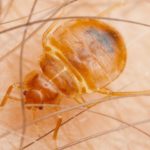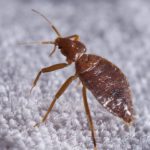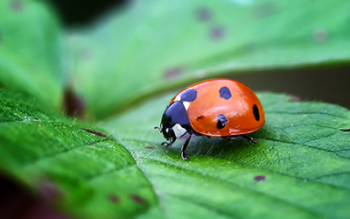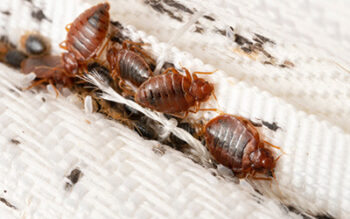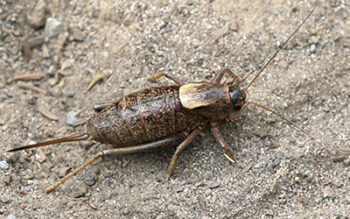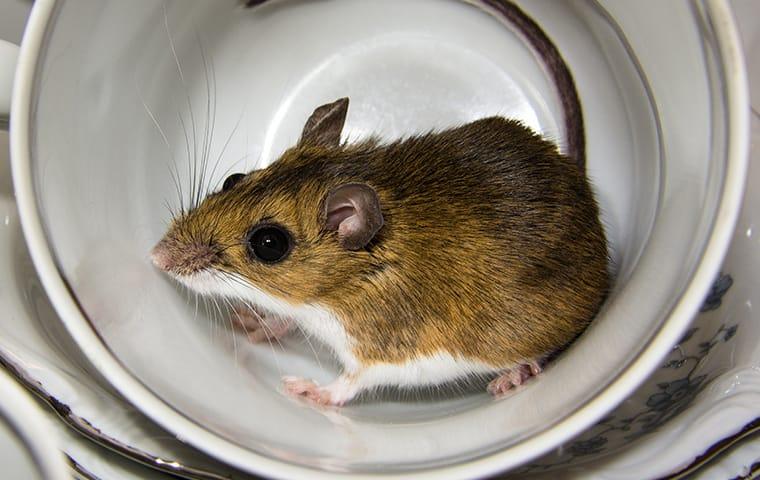
Pests aren’t trying to cause problems for you and your family. They aren’t out to get you, and some are even really cute! If you’ve ever seen someone’s pet mouse or rat, you know they can be friendly and well-behaved. You may spend your free time watching cute videos of mice eating strawberries. You may even be interested in the scientific use of rats and mice for groundbreaking experiments. Rodents can be quite entertaining. However, it’s a totally different story once wild rodents are living inside your home. Though they certainly aren’t monsters, they can cause property damage and transmit some serious diseases. These “furry friends” are not actually friends at all.
Rodent Infestations
Why do rodents come into a home in the first place? The short answer is: food and shelter. Obviously, rodents, like any other living thing, need to eat. As we approach winter, their usual food sources may become scarce, so they’re on the lookout for anything and everything edible. Winter also means a significant drop in temperature. Mice, rats, and other rodents may be covered in fur, but they still get cold. They’re looking for warm places to wait out the winter, and your home could be the perfect hideout for them.
Rodent Prevention: Indoor Prevention
To keep mice outside, the easiest solution is to cut off their food supply. Mice need to eat, and they’ll try to find their food from your cabinets, pantry, and kitchen. Keep mice away by keeping all food stored in air-tight containers that can’t be chewed through. Cardboard boxes full of crackers or cereal are practically a billboard invitation for rodents to come in. Rodents will be attracted even to food you might not think of. If you have pets, leaving their food out overnight could be attracting pests. Store it safely out of reach of rodents. Even with food properly stored, you’ll need to check carefully for crumbs, spills, or dirty dishes. Rats can find even the smallest specks of food, whether a piece of bread on the floor or vegetable leftovers in the trash. Don’t make finding food easy for these pests by leaving a mess in your kitchen at night.
Outdoor Prevention
The next step in preventing a rodent infestation is to make their entry more difficult. Check the exterior of your home for entry points and use screens to seal off large openings such as windows or doors. Use caulking or steel wool for any cracks or holes that you find around the foundation of your house. Some rodents can actually chew through walls, so check that you don’t have holes near the base of your home.
The same principles from indoor prevention work outdoors, too. Keep your yard clean and free of debris. This will keep mice from coming to your yard in the first place. Keep outdoor garbage areas cleaned and trash cans well sealed.
Rodent Elimination
If rodents infest your home despite these efforts, you still have some options. You’ll know you have an infestation when you begin to see signs of chewing, on walls or on smaller items, when you see or smell feces or urine, or when you hear or see mice. You can use traps to reduce their numbers and make the problem feel more manageable. However, if the infestation is bad, traps aren’t likely to completely eliminate the problem. Instead, call Insect IQ, Inc. to come and inspect your home, eliminate your rodent problem, and help you create a long-term plan to keep those “furry friends” contained to your computer or phone screen instead of in your home.

